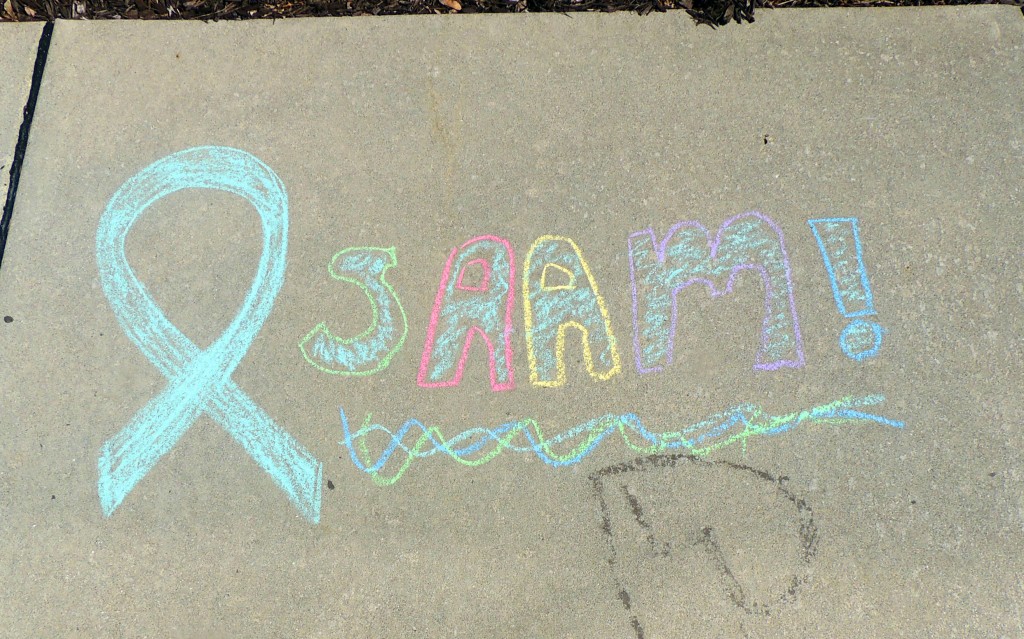 This is a guest blog post for International Anti-Street Harassment Week 2013 by Laura Palumbo, USA.
This is a guest blog post for International Anti-Street Harassment Week 2013 by Laura Palumbo, USA.
As soon as my sneakers hit pavement, I might as well be a lamp post. Does that sound absurd to you? Believe it or not, it’s how I’ve been made to feel by onlookers and passersby who have treated me like an object in public spaces. Yes, they are the vocal minority, the harassers and near-do-wells. But they still have a power and they abuse and enforce it in the form of street harassment. Despite however many positive, neighborly interactions I experience each day in public spaces – I am still forced to expect the worst every time a nearby car slows down or a stranger’s eye contact lingers.
Meet my fear in the streets.
In these spaces, my individual strengths, personal successes, my gifts and values – they don’t really matter anymore. They can’t protect or humanize me as long as there’s anyone else whose can express a disvalue of my gender. [Insert: race, ethnicity, class, sexual orientation, ability, body type…] As a walk-to-work commuter and runner, this fear of street harassment follows me daily. Sometimes the word street harassment feels sanitizing, because what we are really talking about is sexual harassment and sexual violence in the context of any public space: streets, sidewalks, public transportation, stairwells, elevators, etc.
Meet my rage in the streets.
Catcalls, sexist comments, flashing, groping, stalking, and assault impact all women and many men, especially in the LGBQT community. Street harassment like all sexual violence is a global issue, and the impact is far reaching. Hostility in our streets or public spaces changes the dynamic for everyone, and it makes these environments unsafe, unfriendly and less accessible. That is why we need to reclaim our streets.
Meet us in the streets.
As spring begins to unfold, warmer weather often means an increase in the likelihood of street harassment. This April, as a part of Sexual Assault Awareness Month, it’s time to welcome a new dynamic to our streets. Meet Us On the Street: International Anti-Street Harassment Week (April 7-13) is an opportunity to collectively raise awareness that street harassment happens and that it’s not okay. During this week, join tens of thousands of people worldwide who will be using sidewalk chalk, posters, street theater, rallies, and marches to reclaim public spaces.
Meet change in the streets.
By making the connection between sexual violence and street harassment, we can change the dynamics in our streets, schools, and homes. How will you participate?
Laura is the Prevention Campaign Specialist for the National Sexual Violence Resource Center in Pennsylvania and helps oversee Sexual Assault Awareness Month.
